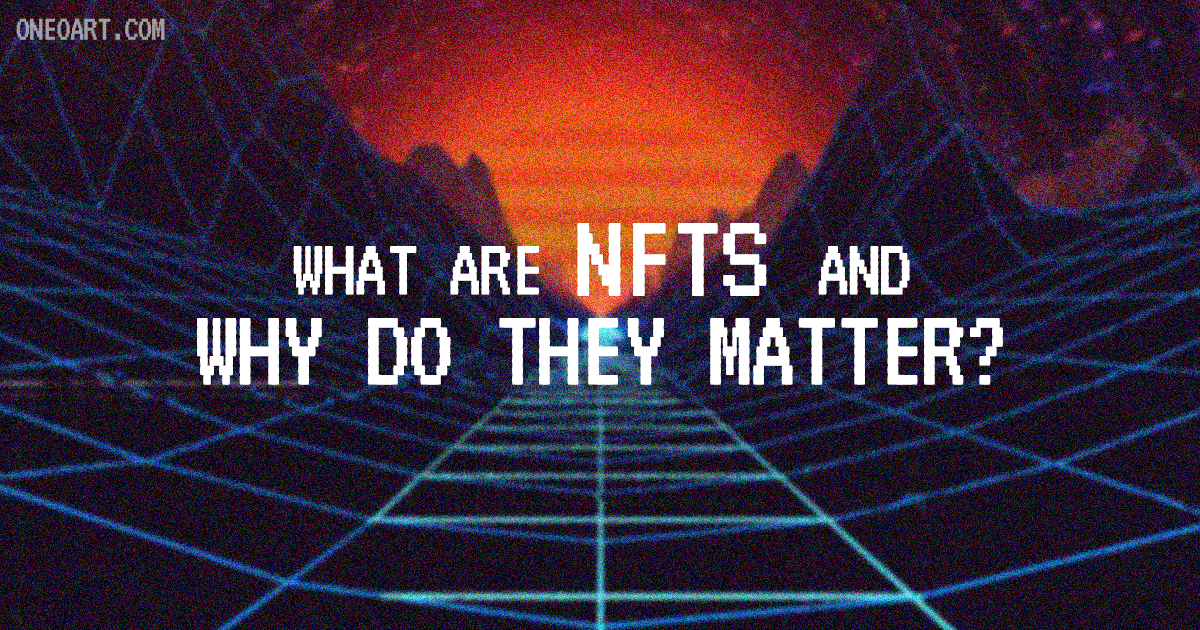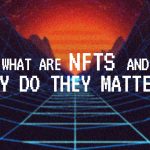What Are NFTs and Why Do They Matter?

Non-Fungible Tokens (NFTs) are unique digital assets that represent ownership of a specific item or piece of content—like artwork, music, or collectibles—on a blockchain network. Unlike cryptocurrencies such as Bitcoin or Ethereum, which are “fungible” and interchangeable, each NFT has its own distinct value and cannot be directly exchanged for another NFT on a one-to-one basis.
How NFTs Work
NFTs are typically built on blockchain technology, which ensures their immutability and rarity. When someone creates (or “mints”) an NFT, a unique token is generated and recorded on a blockchain ledger. This record provides proof of ownership and allows the NFT to be bought, sold, or traded, just like a physical collector’s item.
- Smart Contracts: These are self-executing contracts with the terms of the agreement directly written into code. They ensure that each NFT is truly one-of-a-kind and govern how NFTs can be transferred or used.
- Blockchain Verification: Transactions are verified by a network of computers, making it nearly impossible to alter ownership records. You can learn more about how this technology works by visiting this external resource.
Use Cases of NFTs
- Art and Collectibles: The most popular use case is digital art, where artists can tokenize their works, sell them, and earn ongoing royalties.
- Gaming: In blockchain-based games, NFTs can represent in-game items or characters, giving players full ownership and the ability to trade them.
- Music and Media: Musicians and content creators can offer exclusive editions of songs, albums, or videos as NFTs, providing new revenue opportunities.
- Virtual Real Estate: Virtual worlds allow users to buy, sell, or develop digital plots of land, all represented by NFTs.
Benefits of NFTs
- True Ownership: When you purchase an NFT, the blockchain proves that you are the official owner.
- Scarcity and Exclusivity: Because NFTs are unique, they often carry value based on rarity.
- Security: Blockchain technology secures and tracks ownership, making it difficult to forge or duplicate NFTs.
- Creator Empowerment: Artists can set royalties in the NFT’s smart contract, earning a percentage every time the NFT changes hands.
Potential Challenges
- Environmental Concerns: Blockchain networks, especially proof-of-work models, can consume a significant amount of energy.
- Volatility: NFT prices can fluctuate widely, and the market is still highly speculative.
- Regulatory Uncertainty: Laws related to digital assets differ across regions and may change in the future.
Where to Buy and Sell NFTs
NFTs can be traded on various platforms and marketplaces. Some specialize in art or gaming collectibles, while others cater to a broader audience. Before purchasing an NFT, research the platform’s fees, community, and overall reputation. If you’re curious about exploring unique digital assets, check out our NFT Marketplace for more details on how these tokens are listed, bought, and sold.
Final Thoughts
NFTs have opened a new frontier for digital ownership, creating opportunities for artists, gamers, and collectors to monetize creativity and connect with communities worldwide. While the technology is still evolving, its potential to shape the future of digital culture and commerce is undeniable.





Nice article 👋🏻♥️